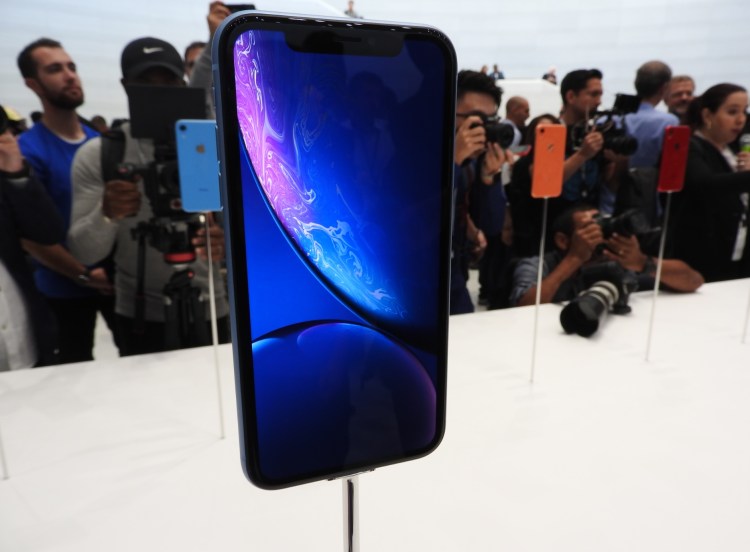(Reuters) — A German court ruled on Thursday that iPhone maker Apple infringed a hardware patent of Qualcomm and said the U.S. company could no longer sell some iPhone models in Germany which contain a particular component.
The ruling will not go into immediate effect if Apple appeals, judge Matthias Zigann told the court.
The German case is Qualcomm’s third major effort to secure a ban on Apple’s lucrative iPhones over patent infringement allegations after similar court efforts in the United States and in China.
In Germany, Qualcomm is seeking a ban on some iPhones with chips from Intel. The judge ruled that phones that contain a chip from Apple supplier Qorvo violated one of Qualcomm’s patents around so-called envelope tracking, a feature that helps mobile phones save battery power while sending and receiving wireless signals.
June 5th: The AI Audit in NYC
Join us next week in NYC to engage with top executive leaders, delving into strategies for auditing AI models to ensure fairness, optimal performance, and ethical compliance across diverse organizations. Secure your attendance for this exclusive invite-only event.
“Competition authorities around the world have repeatedly found Qualcomm’s licensing practices unlawful, yet Qualcomm continues to try to achieve the same results through a campaign of patent lawsuits. These lawsuits have been largely unsuccessful, and at best would reduce innovation and raise prices,” Steven Rodgers, Intel’s general counsel, said in a statement.
Apple and Qorvo were not immediately available for comment.
Qualcomm sued Apple in the regional court in Munich in July last year, seeking an injunction to halt some iPhone sales in Germany as well as monetary damages.
The case is part of a broader court conflict between the two, in which Apple has alleged that Qualcomm engaged in anticompetitive business practices to protect a monopoly on so-called modem chips, which help mobile phones connect to wireless data networks. The U.S. Federal Trade Commission has also sued Qualcomm over its business practices in a case set to go to trial in California next month.
Qualcomm has alleged in courts around the world that Apple violated its patents and has sought bans on iPhone sales in the United States and China.
U.S. regulators found Apple infringed one Qualcomm patent but have so far recommended against banning some iPhone sales, but a Chinese court issued a sales ban on some iPhones earlier this month. Apple said its phones remain on sale and that it believes it has complied with the Chinese court’s order, but it also made changes to its iPhone software in the wake of the ruling.
Update at 7:45 a.m. Pacific: Apple has issued a statement announcing the suspension of iPhone 7 and iPhone 8 sales in its own retail stores in Germany, but with continued sales of “all iPhone models” through carriers and resellers.
Apple’s statement: “Qualcomm’s campaign is a desperate attempt to distract from the real issues between our companies. Their tactics, in the courts and in their everyday business, are harming innovation and harming consumers. Qualcomm insists on charging exorbitant fees based on work they didn’t do and they are being investigated by governments all around the world for their behavior. We are of course disappointed by this verdict and we plan to appeal. All iPhone models remain available to customers through carriers and resellers in 4,300 locations across Germany. During the appeal process, iPhone 7 and iPhone 8 models will not be available at Apple’s 15 retail stores in Germany. iPhone XS, iPhone XS Max and iPhone XR will remain available in all our stores.”
Update at 11:17 a.m. Pacific: In a subsequent press release, Qualcomm said:
“The judgment is immediately enforceable once Qualcomm posts bonds covering potential damages incurred by Apple should the judgment be overturned or amended on appeal…. The court has also determined that Apple is liable for monetary damages in an amount to be determined at a later time.”
Qualcomm appears to be set to rapidly post the necessary bonds, tightening the screws on Apple’s iPhone distribution. “The court also granted Qualcomm’s request for an accounting of the details associated with all sales, including revenues and profits of the accused devices in Germany and a recall and destruction of all accused devices from all retailers in Germany.”

